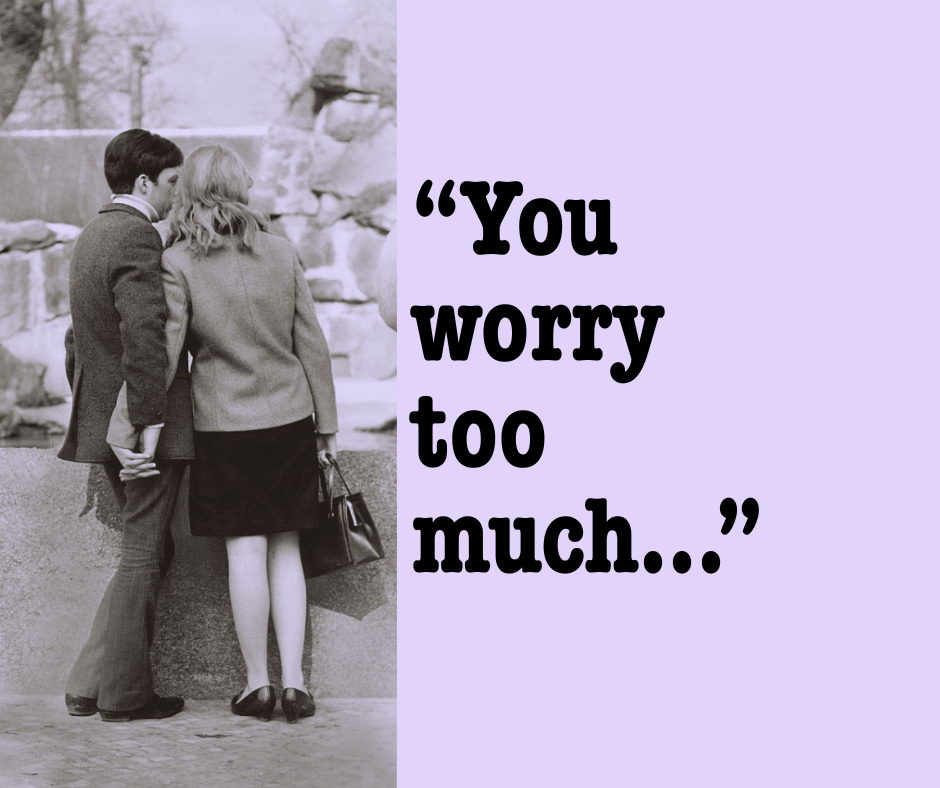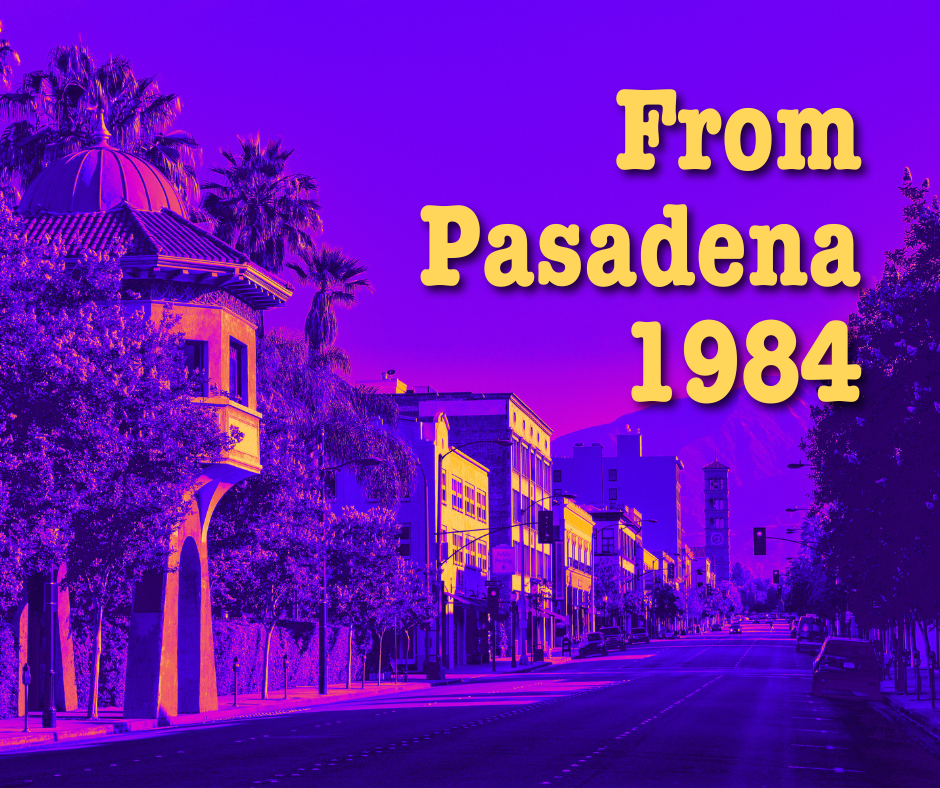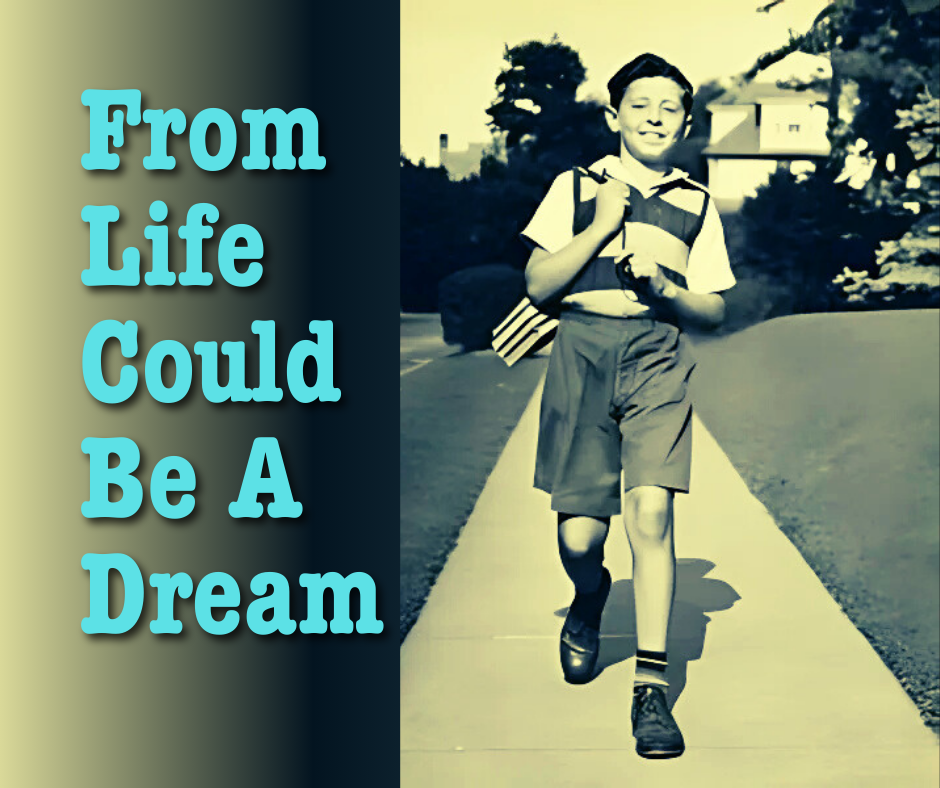

An Excerpt from ‘The Class of 1969"‘
It is 1965, and the Watts Riots have just ended when newlyweds Max and Jan King enter medical school. As Max and Jan converge with other students in the Los Angeles County medical complex, neither has any idea that their foray into the world of medicine is about to test their inner strength, perseverance, and activist views in more ways than they ever could have imagined.
While civil unrest hangs over the country like a dark cloud, Max and Jan immerse themselves in their freshman year surrounded by cadavers, demanding professors, and chemistry labs. But the challenges of school soon threaten their happiness as a couple, unearthing a trove of doubt for Max, who is tempted to cheat not only in his marriage, but also on his exams. As Max grapples with an overwhelming fear of failure and the prospect of years of mind-numbing toil, he secretly wonders if the pursuit of prestige, affluence, and social status is really worth it after all.

An Excerpt from Marlene
Teenager Marlene Vaughan’s mother Gertrude was murdered in 1953. They lived in Baldwin Park, in the central San Gabriel Valley of Los Angeles County. Gertrude was abducted from a bar in El Monte and found dead in Azusa. The case was never solved.
Four years later, Marlene obtains a lead on the killers, learning that they have returned to Los Angeles. She reconnects with her old friend Robby, and asks him to help her solve the crime because “he’s the smartest boy she ever knew.”
Robby recruits a team to work on the crime, including his stepmother, Clara, and his youngest uncle, Melvin. They form a picture of two itinerant salesmen who periodically visit L.A. and frequent the Silver Dollar Saloon in El Monte, where Gertrude disappeared.
The amateur detectives put the clues together and suspect that there are two killers, both World War II veterans, one with anger issues caused by a war injury, and the other a passive sidekick.
This complex murder mystery is a sequel to the author’s book Life Could Be a Dream, and provides an intimate glimpse into life in Southern California in the 1950s.

An Excerpt from Pasadena 1984
An excerpt from Pasadena 1984: The Best and Worst of Times by Henry Rex Greene
New Year’s 1984 brings big changes for 40-year-old Jerry O’Donnell. After a messy divorce, he quits his job as a teacher at Muir High School in Pasadena, California, to become a stockbroker.
When he leases a car, he meets his fiancée, Kate Cleary. The two buy a small home and have ambitious plans for the future. It is then that the AIDS epidemic raises its ugly head. After a gay friend dies of AIDS, his lover, a retired doctor, asks Jerry, the fledgling stockbroker, to help earn money for AIDS victims, but they experience strong resistance.
The remaking of Los Angeles for the Summer Olympics is a high point of the year. Jerry’s favorite baseball team, the Chicago Cubs, comes painfully close to making the World Series. At the same time, President Ronald Reagan remains silent in the face of the AIDS epidemic. He cuts taxes on the rich, causing the federal debt to soar. Kate worries about the collapse of the savings and loan industry.
Jerry becomes disillusioned with his company’s economic philosophy of “churn and burn,” selling marginal equities. When President Reagan wins an electoral landslide, it sets America’s course for the next four decades. His neglect of the AIDS epidemic motivates Jerry to apply to grad school in Public Policy.

An Excerpt from “Life Could Be A Dream”
The summer of 1954 begins a pivotal year in nine-year-old Robby Barnaby’s life. On the last day of school, he breaks his arm sliding into home plate while playing for the fifth graders in an all-star game against the sixth graders.
Baseball is his passion, and Robby excels at it, though he is younger than his classmates. He lives in a new suburb of Los Angeles called Watertown, an idyllic childhood spot with open fields and well-equipped schoolyards.
He and his older brother Cyrus are entrepreneurs, trading coins and selling newspapers. In addition, he works for his teacher, Miss Oliver. He has two younger brothers, six-year-old Stanley, who is frail and sickly, and Glyndon, who turns four in December.
On their annual vacation on Balboa Island, he learns his family is moving to a city across L.A. that offers little for kids to do. Before the move, his mother dies from surgery, leaving him in the care of his abusive father.
Everything in life has become so unreal that Robby dreams of his dead mother. Miss Oliver offers to adopt him, but his father refuses. His new home is a chicken ranch in Orcutt Park, a town with no baseball and a brutal junior high. Robby and Cyrus are miserable, and their younger brothers are lost without their mom. What will happen to these boys?
Learn more by reading Chapter 10 here:

An Excerpt from “Camelot Lost”
The 1960s was an idealistic time for America. It also ushered in a profound loss of innocence for that generation.
In 1961, when President John F. Kennedy launched the U.S. effort to put rockets into space, high school senior Max King became interested in the space race, honoring JFK's presidency and lofty goals.
Max meets Jan Rosing in his college zoology class. One thing leads to another and the two transfer to UCLA in 1963.
On November 22, 1963, they hear of JFK's assassination on the radio at school and are heartbroken. Like all of America, they spend the weekend watching TV, and witness Lee Harvey Oswald's murder in real time. They connected their youthful idealism to Kennedy's promising Camelot presidency but move on with their studies.

About “Life Could Be A Dream”
My favorite among all my novels is Life Could be a Dream, named after a popular song from the early fifties. I take a semi-autobiographical look at growing up in the San Gabriel Valley during this era. My main character, nine-year-old Robby Barnaby has his summer lined up: baseball and digging forts with his older brother. An underage fifth grader, on the last day of school he plays in the all-star game of players chosen between the fifth and sixth grades. Trying to score the tying run at home plate he breaks his left wrist, which launches a series of unfortunate events that radically change his life.